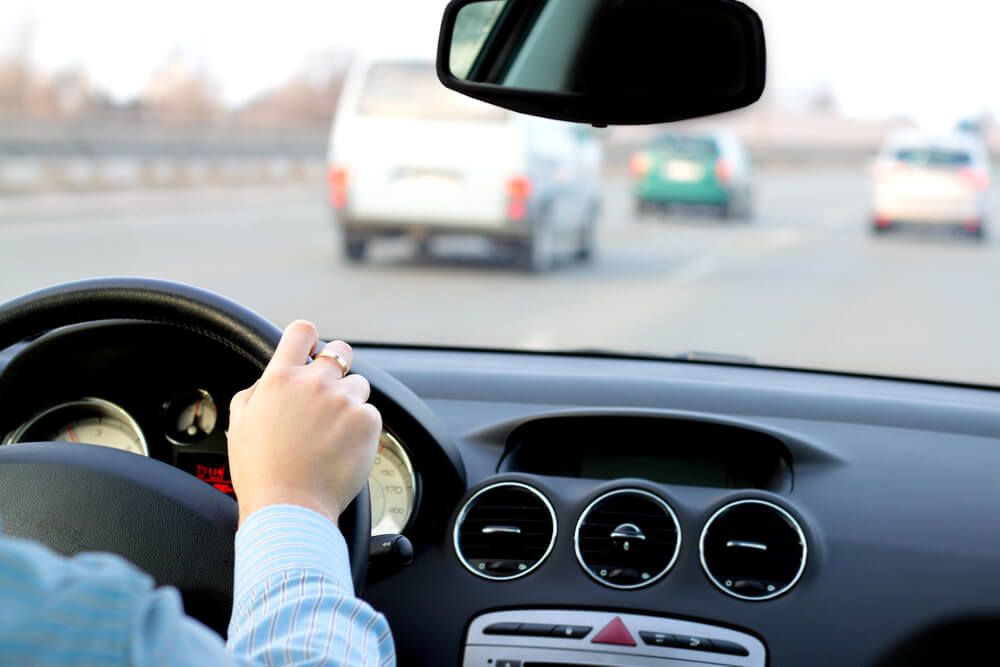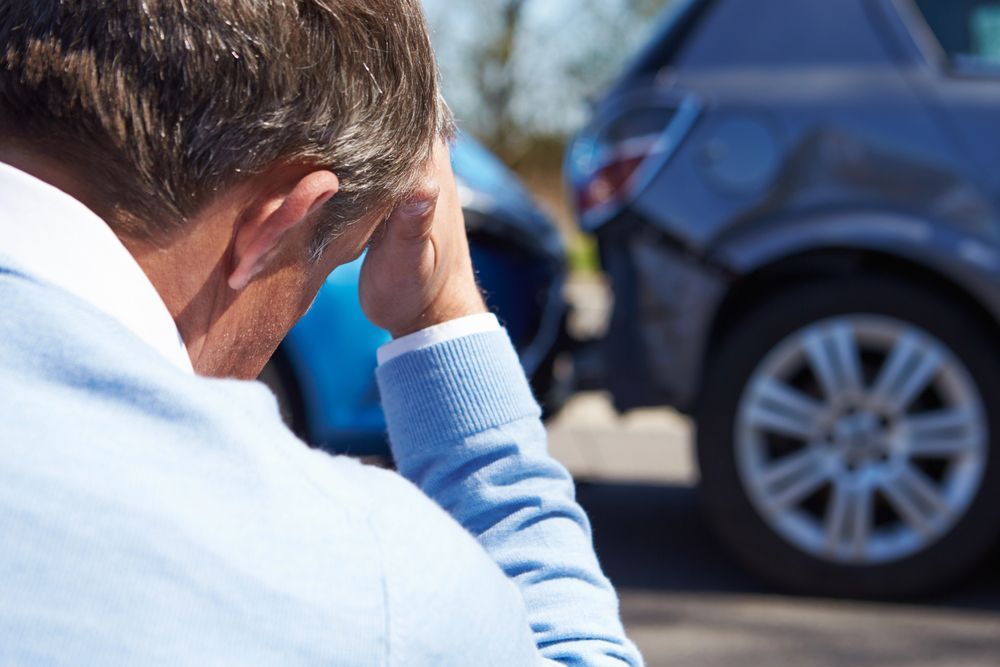Sargon Law Blog
Recent Blog Posts
Do Pedestrians Always Have the Right of Way in Arizona?
Do pedestrians always have the right of way? In Arizona, pedestrian right of way applies at crosswalks and on designated walkways. State law does not specifically address jaywalking. Pedestrians are allowed to cross the street when no crosswalks are available as long as they do so responsibly. Learn more about Arizona pedestrian right of way laws and liability for pedestrian accidents.
Do Pedestrians Always Have the Right of Way?
Arizona statutes 28-792 and 28-793 address right of way at crosswalks and other points on roadways. Drivers must yield the right of way to pedestrians in crosswalks by slowing down or stopping when a pedestrian is on the half of the roadway on which a vehicle is traveling or is approaching from the opposite half of the roadway.
If a crosswalk is available, pedestrians must cross the street in this designated zone. A pedestrian crossing a street between two intersections with traffic signals is in violation of the law. Pedestrians crossing roadways without marked crossings must yield the right of way to vehicles. While pedestrians do not always technically have the right of way, drivers should generally yield to pedestrians even when pedestrians break the law.
What Is the Pedestrian Right of Way Law in Arizona?
Pedestrians in Arizona must yield to oncoming traffic at any part of a road other than a marked crosswalk. They must also give approaching vehicles a sufficient amount of time to yield before crossing an intersection or road. According to Arizona pedestrian right of way laws, pedestrians must use the sidewalk if one is available. On roads without sidewalks or in locations where a sidewalk abruptly ends, pedestrians are legally permitted to walk on the left side of the roadway or its shoulder in the opposite direction of traffic for maximum visibility to approaching drivers.
A more in-depth answer to the question of do pedestrians always have the right of way is generally yes, as long as they use any available zones designated for pedestrian use. Even so, a pedestrian who causes a collision by jaywalking can be liable for damage and personal injuries. If you have suffered injuries and losses resulting from a pedestrian accident in Maricopa County, the experienced Phoenix pedestrian accident lawyers at Sargon Law Group can assess your case and advocate for your rights.
Do You Have To Wait for a Pedestrian To Completely Cross the Street in Arizona?
Drivers in Arizona are required to stop until pedestrians finish crossing the street before proceeding. A pedestrian has the right of way in a designated crossing zone. Although pedestrians are only permitted to cross on a walk signal, if one is available, they still have the right of way in crosswalks. Other drivers are also not allowed to overtake and pass vehicles that are stopped at crossings to permit pedestrians to cross.
Pedestrians approaching a crossing as the signal changes to the flashing orange hand that indicates the end of a crossing cycle should stop and wait for the next walk signal. When a crossing signal indicates pedestrians should stop and wait, they are not permitted to cross. Pedestrians who attempt to cross on a "don't walk" signal may not have the right of way, but drivers are still expected to yield.
Is It Illegal To Jaywalk in Arizona?
State law in Arizona does not expressly cover jaywalking. To comply with the state's right of way laws, pedestrians must cross at crosswalks or marked crossings and use sidewalks where available. If a marked crossing is not available, pedestrians may cross a roadway at any point as long as they yield to vehicles. In such instances, pedestrians do not have the right of way, but vehicles should still yield to pedestrians.
Jaywalking can be illegal at the city level in Arizona. The Mesa Police Department implemented an anti-jaywalking campaign in 2017 after 15 pedestrian fatalities that year. Rates of pedestrian fatalities declined in subsequent years, but the department renewed the campaign in 2021 after 15 pedestrians died due to collisions on Mesa roadways in 2020. Residents and visitors should check local codes to determine the legality of crossing roadways at unmarked locations.
Are Cyclists Considered Pedestrians in Arizona?
Cyclists in Arizona are considered pedestrians when riding on the sidewalk with other vehicles on the road. On the road, cyclists must obey the same laws as motorists. This includes using hand signals to alert drivers of their intention to change lanes or turn at intersections. Cyclists should always ride close to the curb on the right side of the road, along with the flow of traffic.
According to state law, cyclists can ride in either direction on sidewalks or crosswalks on either side of the road. Local laws are an important consideration for cyclists and pedestrians. Some cities in Arizona, such as Tucson, prohibit riding bicycles on sidewalks unless signs are posted that specifically permit cycling.
What Determines Liability for Pedestrian Accidents?
Pedestrian right of way factors into liability for accidents. A pedestrian who causes an accident by crossing a road irresponsibly at an unmarked point can be held liable. Pedestrians at crosswalks or marked crossings who wait for a "walk" signal and make sure that all cars have stopped have the right of way.
According to Arizona law, pedestrians who do not wait for vehicles to yield or attempt to cross at marked crossings on "don't walk" signals are breaking the law. Drivers should still yield to pedestrians at these locations and wait for the pedestrians to completely clear the crossing. Motorists can be held liable for accidents involving pedestrians at these locations.
When Does a Pedestrian Have Right of Way?
Pedestrians in Arizona have right of way in designated crossing areas; otherwise, pedestrians must yield to oncoming traffic. While pedestrians generally have the right of way, there are exceptions under Arizona pedestrian right of way laws. An experienced Phoenix personal injury attorney at Sargon Law Group can assess your case and help you obtain compensation for injuries and losses. Contact us to schedule a consultation if you have been involved in a pedestrian accident.





